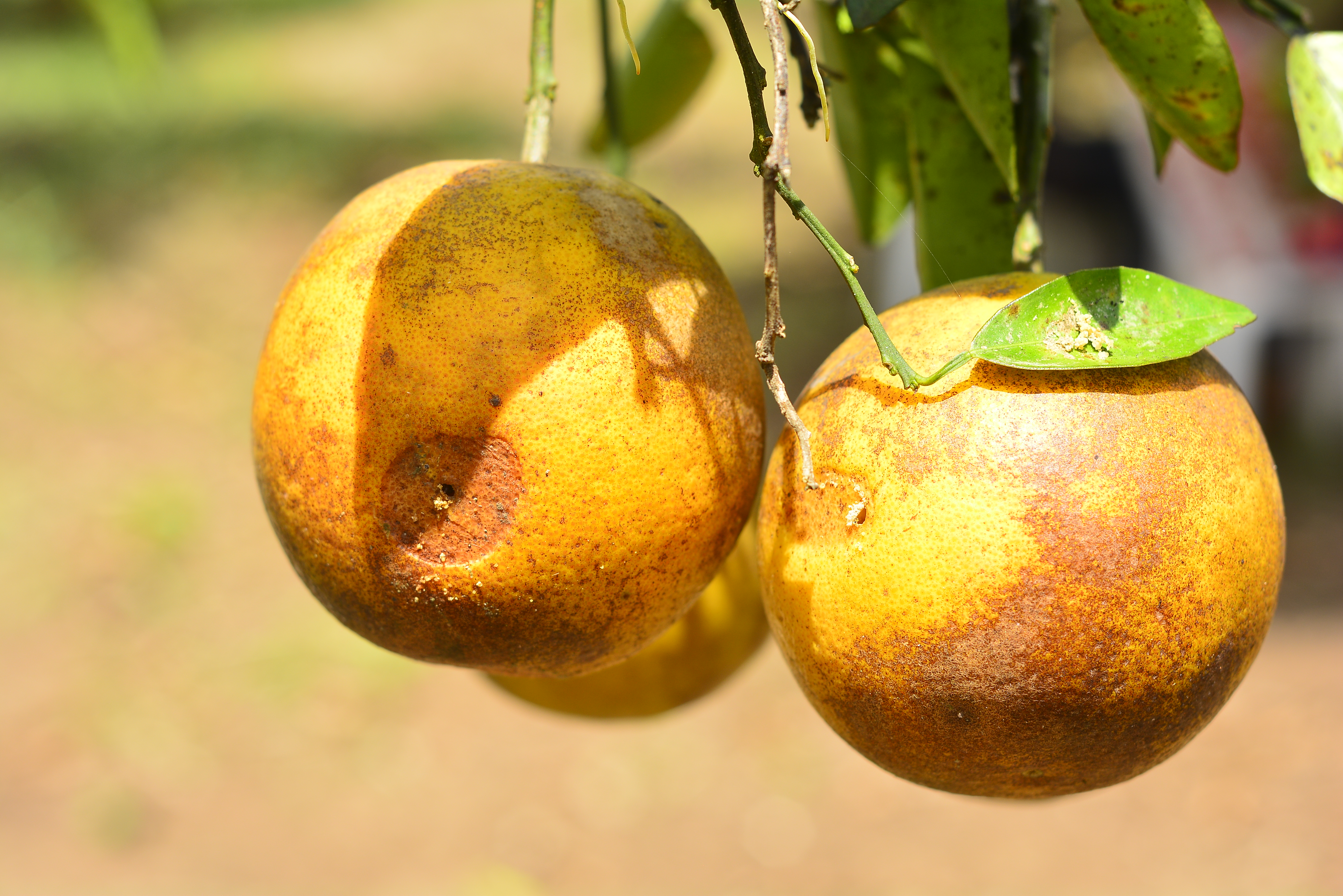TARI AND ICIPE TRAIN 165 EXTENSION OFFICERS AND FARMERS ON FRUIT TREE INTEGRATED PEST MANAGEMENT
- 16th September, 2024 07:40
- By DAUSON.MALELA
- News

A total of 165 extension officers and leading farmers from 31 wards in Hai, Siha (Kilimanjaro region), and Muheza district in Tanga region have been trained on Integrated Pest Management (IPM) for pests attacking avocado, mango, and orange fruit.
The training was held from September 9th to 13th, 2024, by researchers from the Tanzania Agricultural Research Institute (TARI) through its Ukiriguru (Mwanza), Tengeru (Arusha), and Mlingano (Tanga) research centres in collaboration with researchers from the International Center for Insect Physiology and Ecology (ICIPE) located in Nairobi, Kenya, under the funding of the German Corporation for International Cooperation (GIZ) through ICIPE.
The four-day training was part of implementing the three-year Fruit Tree agroecological-based IPM project in the fruit-growing regions of Kilimanjaro and Tanga. Its main focus is to help farmers become aware of IPM technologies that minimize the cost of fruit production and increase fruit yield and quality. In the Hai and Siha districts, the training focused on avocado, while in Muheza district, the training was based on orange and mango.
Speaking during the first day of training held at the Hai district council hall, the project leader in Tanzania through TARI, Dr. Abdullah Mkiga, said the training is also meant to ensure that farmers are able to identify the fruit tree pests, especially fruit flies and False Codling Moth (FCM), and implement suppression measures using an integrated pest management approach.
On his part, Dr. Shepard Ndlela the team leader from ICIPE revealed that through integrated pest management, farmers will also be able to minimize the use of chemical pesticides for high productivity and quality while keeping human and environmental health safe.
Beneficiaries of the training have commended the eco-friendly IPM technologies such as on-farm monitoring, use of biopesticides, male annihilation, baiting techniques, use of natural enemies including parasitoids, and orchard sanitation especially the use of Augmentorium.
Charles Semagongo is a farmer in Mkinga Village, Muheza District-Tanga region who owns over 1,500 orange trees. He says the training has helped him in identifying pests that he previously didn't consider dangerous to his mango and orange orchards.
On her part, Fatuma Muhammed, an orange farmer in Mkinga Village, Muheza district, said that through the training, she can now differentiate natural enemies from pests. She has also learned how to integrate them with other compatible control techniques for higher productivity.
"We knew that these insects (Weaver ants) destroy our oranges, but experts from TARI and ICIPE have told us that they are friendly insects that prevent other insects from attacking oranges," she said.
Earlier during the opening of the training in the Hai District, Hai District Commissioner (DC) Mr. Lazaro Twange praised TARI for putting efforts into capacity building for agricultural experts and lead farmers in various parts of the country, including Hai. This initiative is part of implementing the government's goals to improve the agricultural sector.
Then again, Muheza District Executive Director Dr. Juma Mhina said the project has come at the right time and for the right people, referring to fruits as the major source of income for many farmers. He noted that, apart from being important to the district's economy, fruit production has been facing pest challenges for a while, and he believes the project will be a solution to such challenges and propel the economic growth of individual residents, in the district, and the nation as well.

